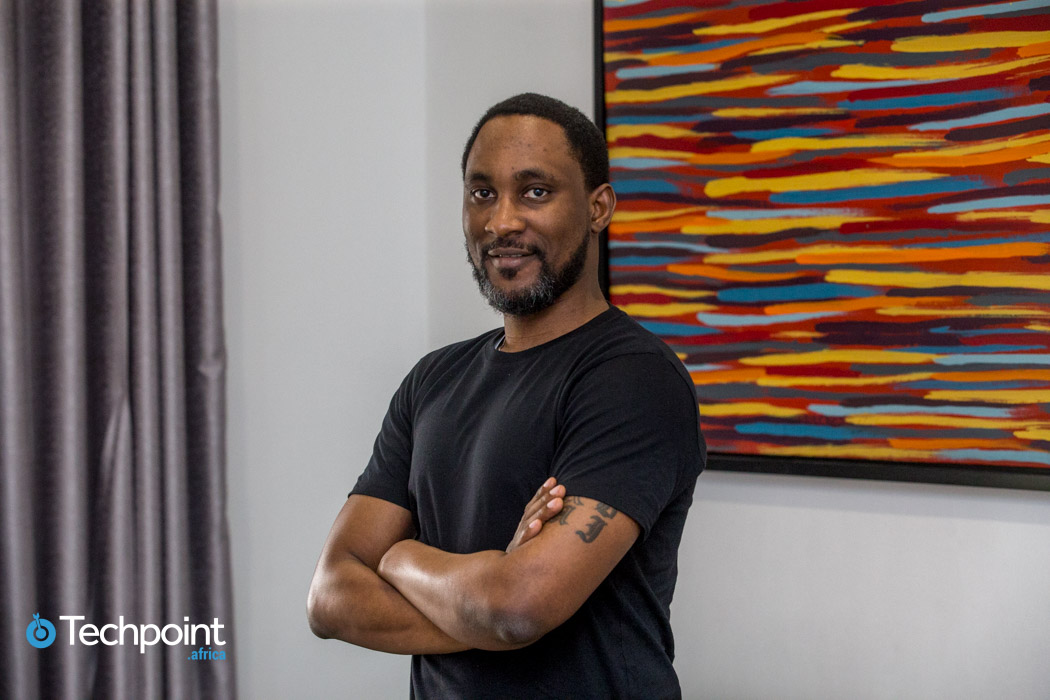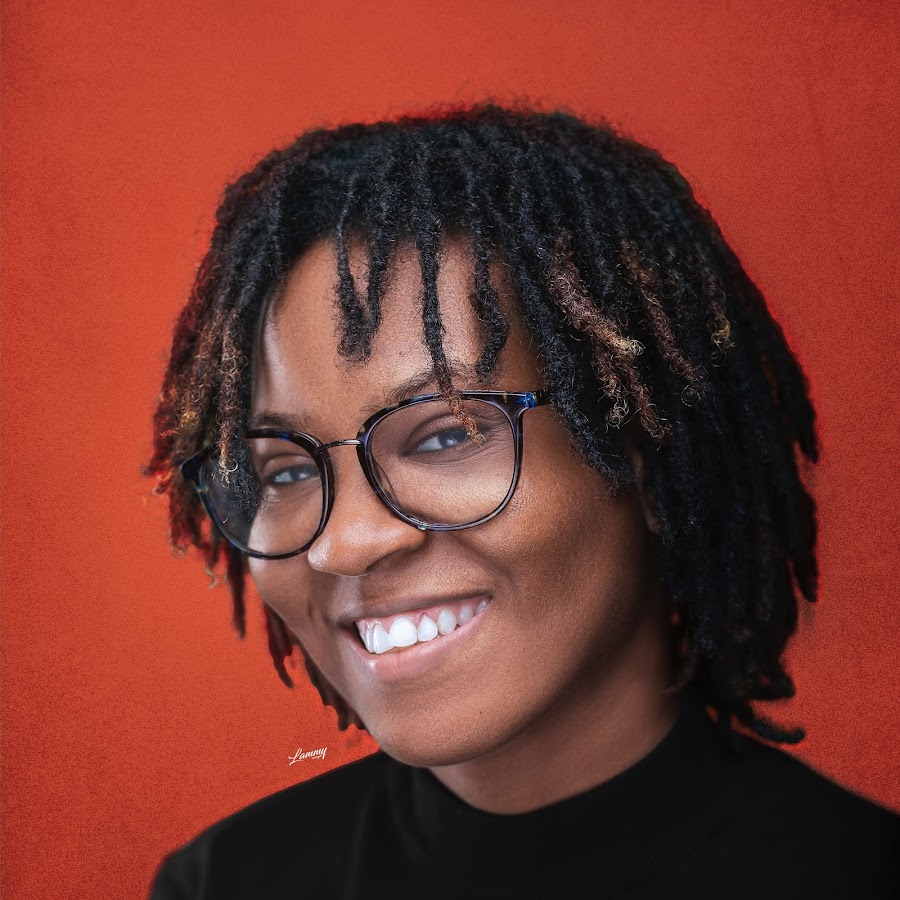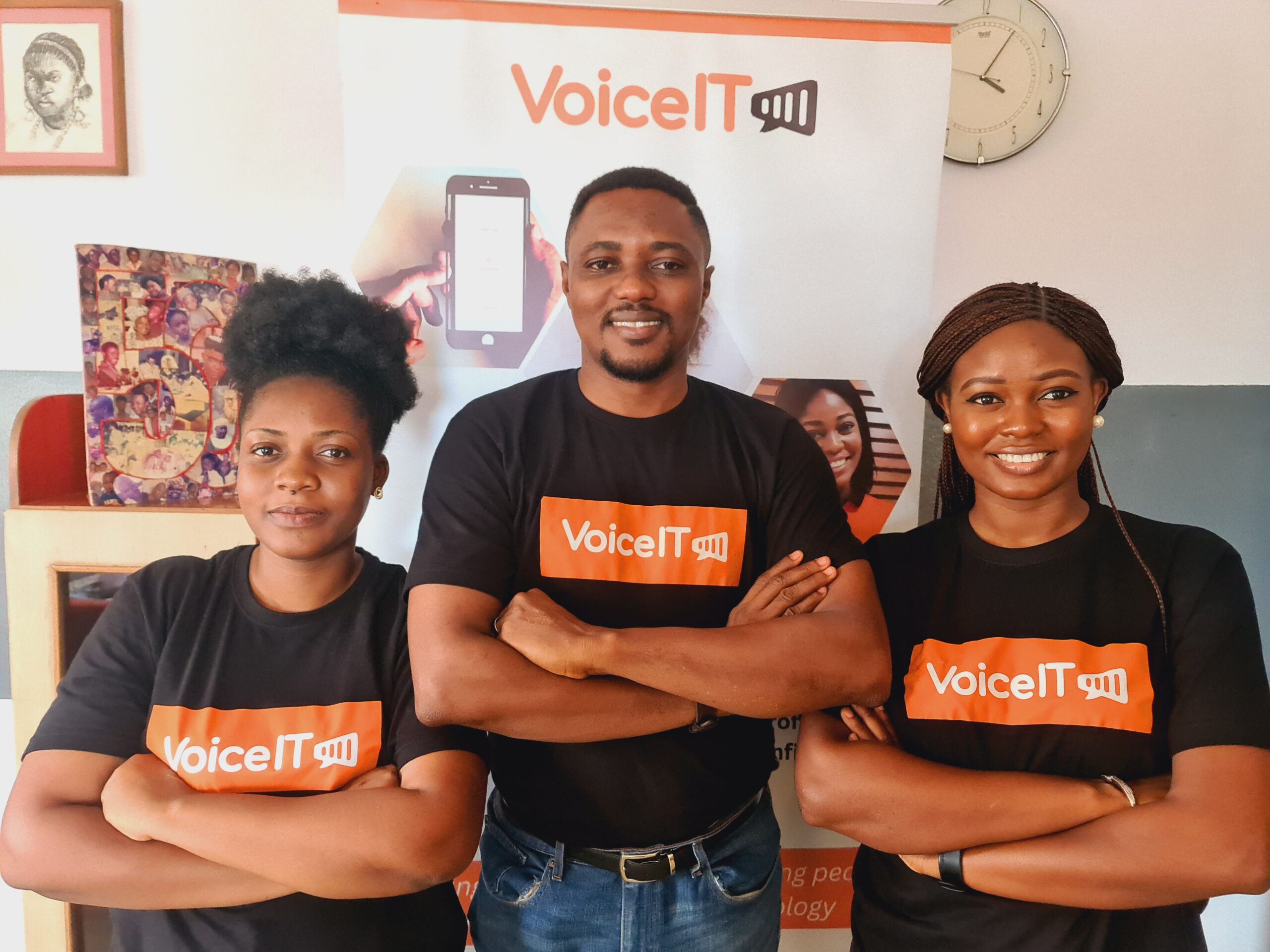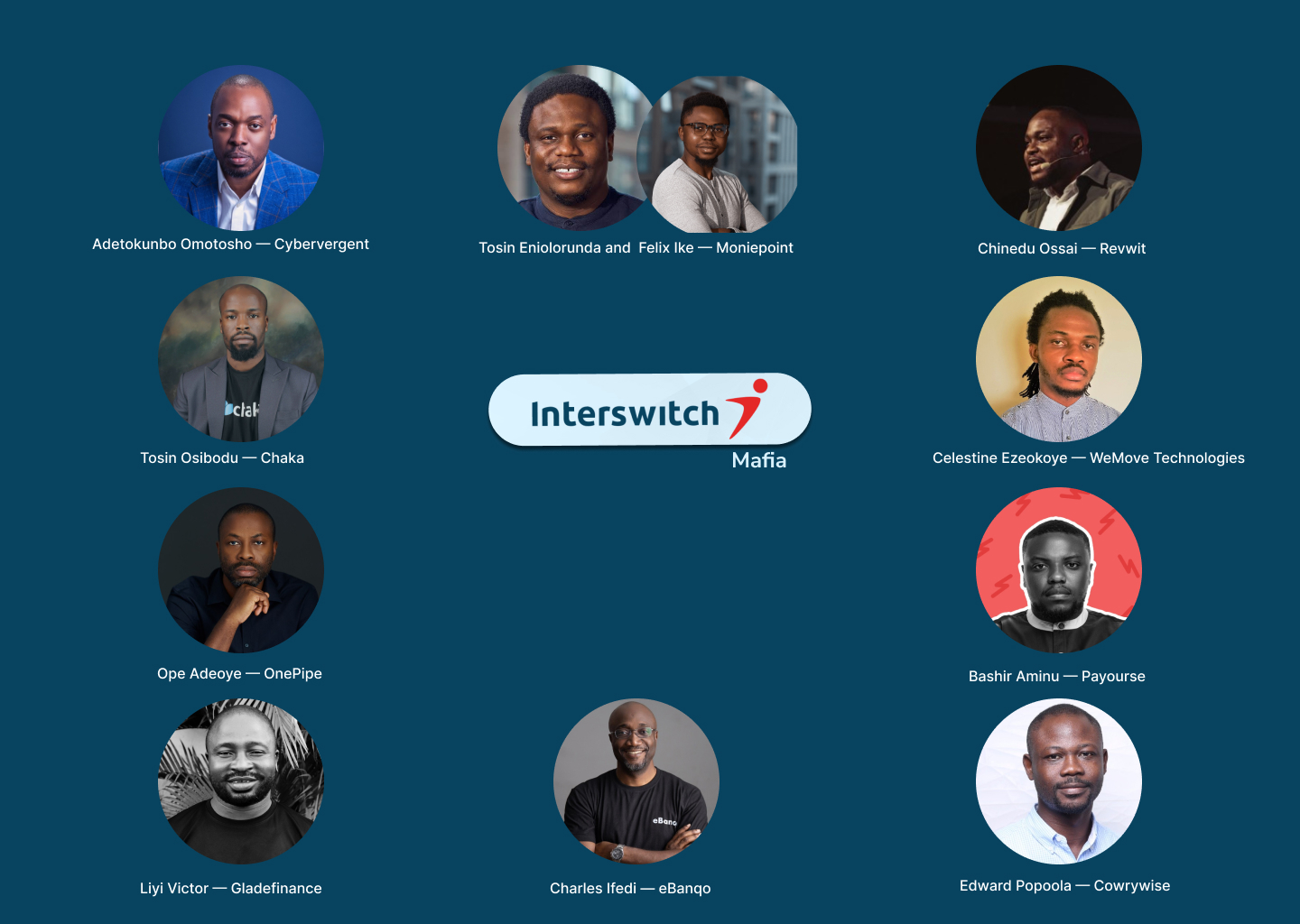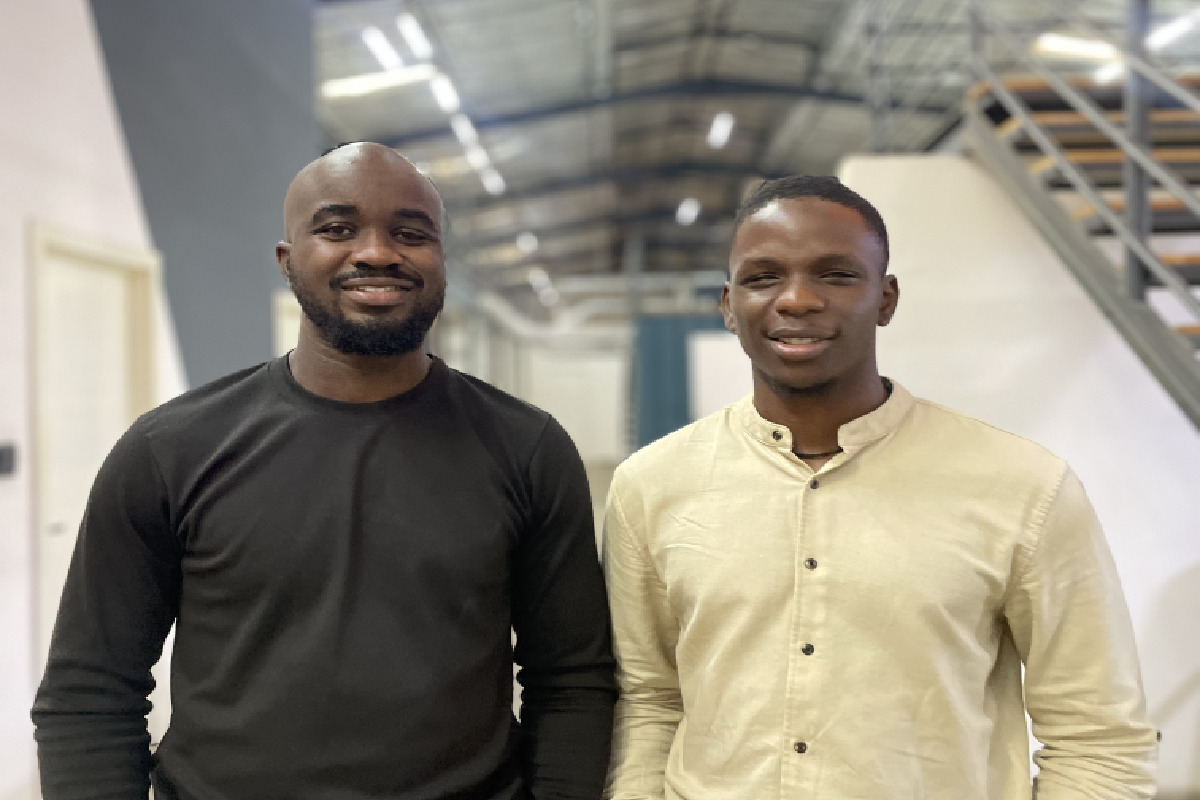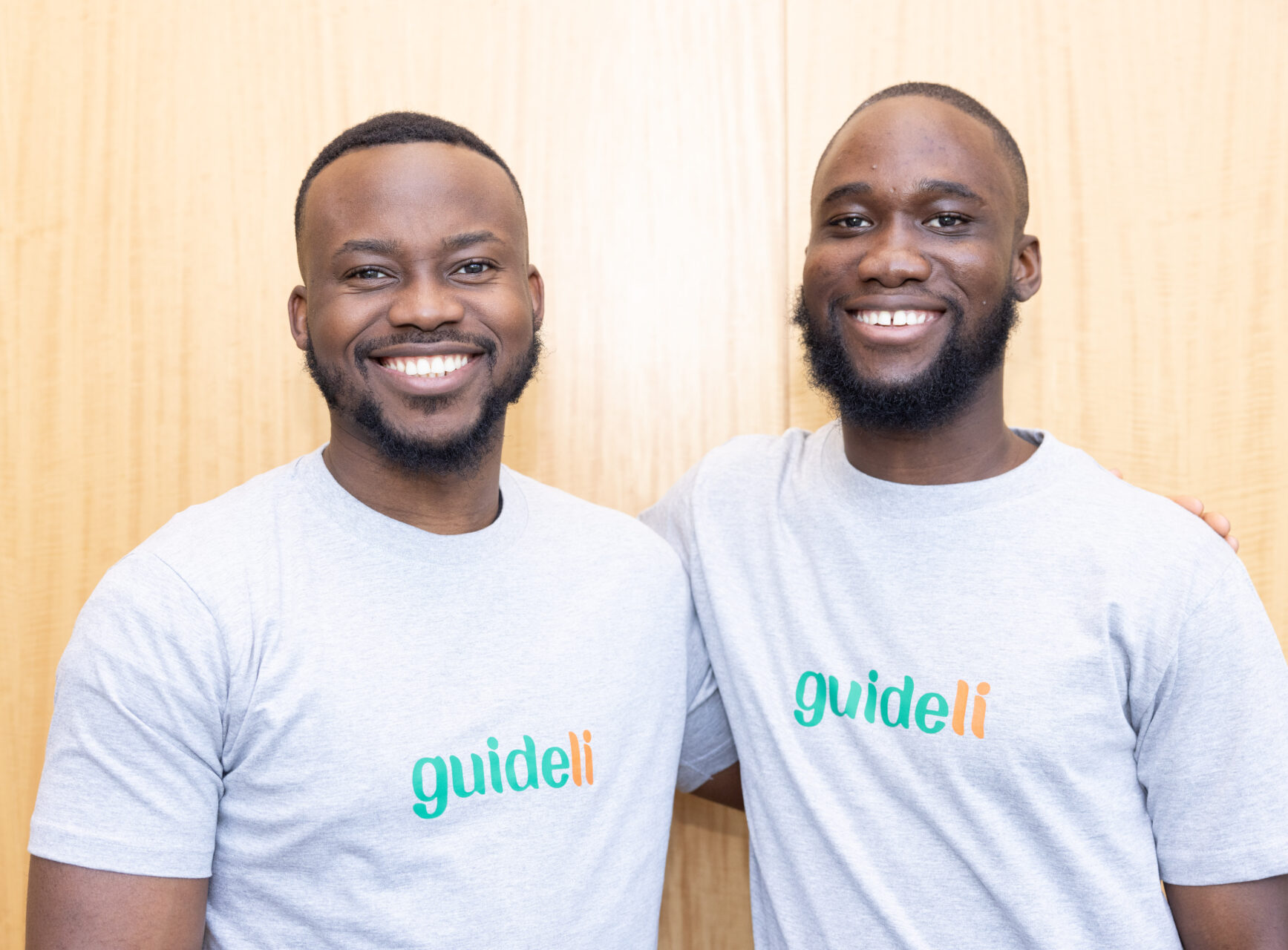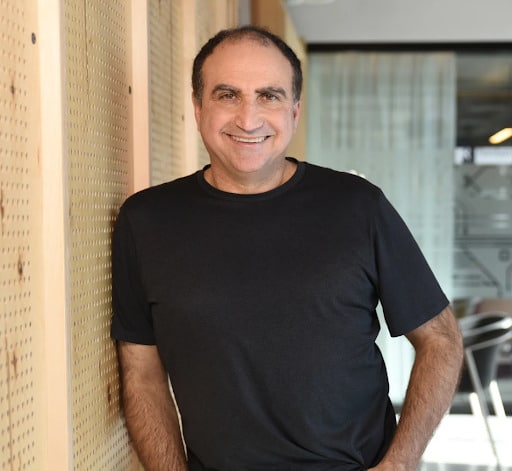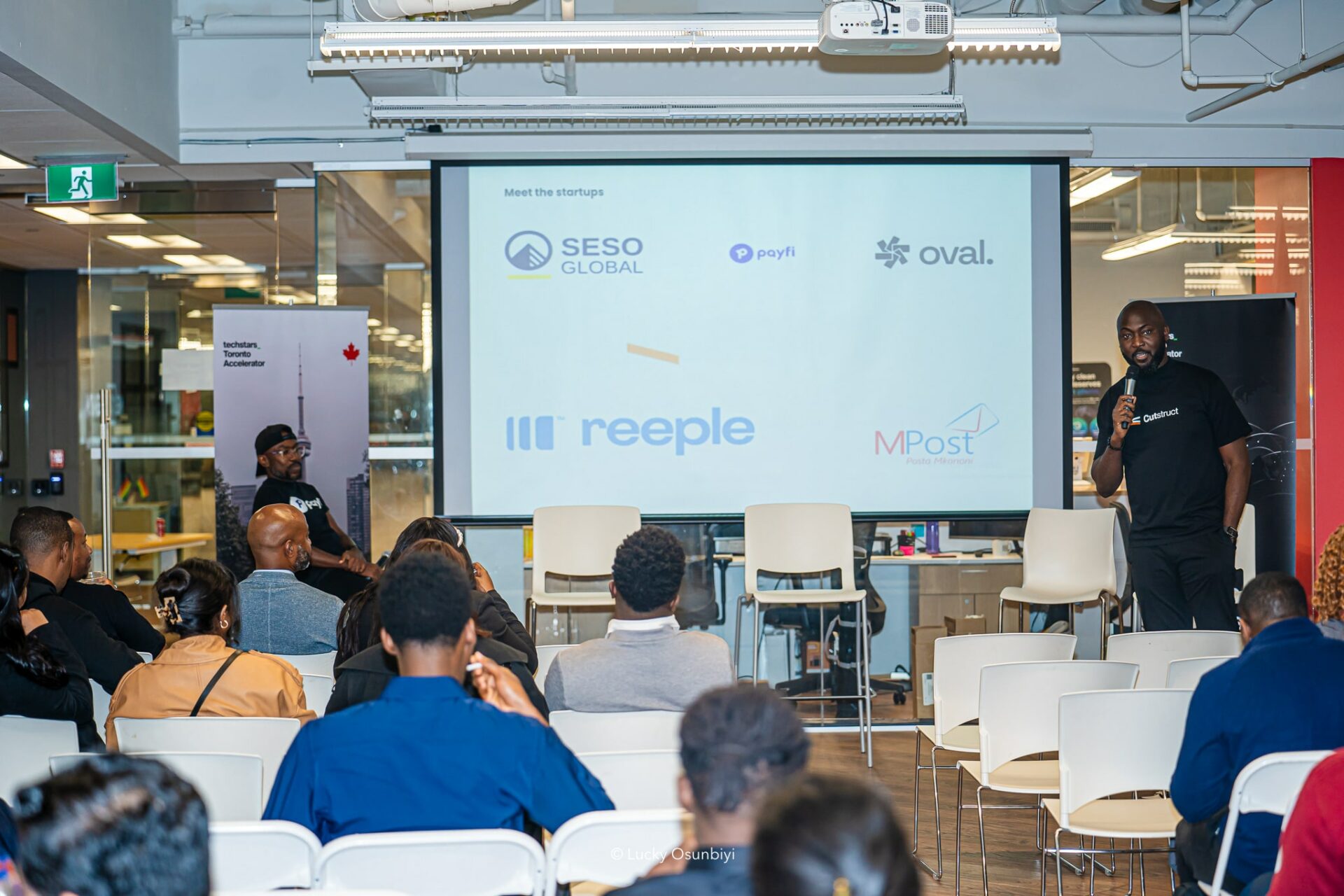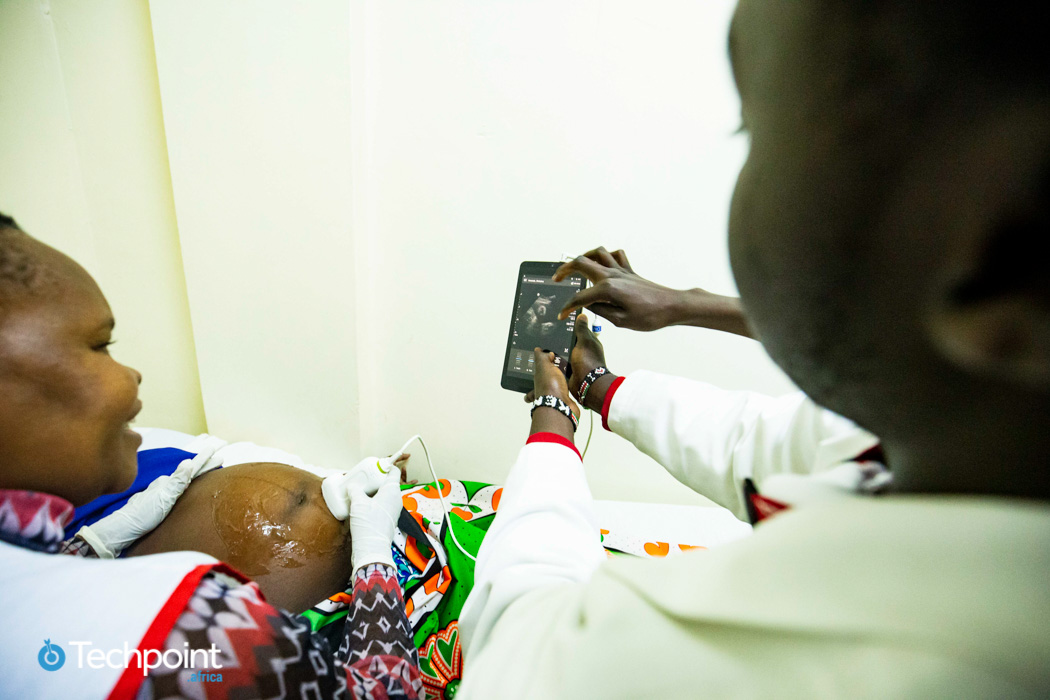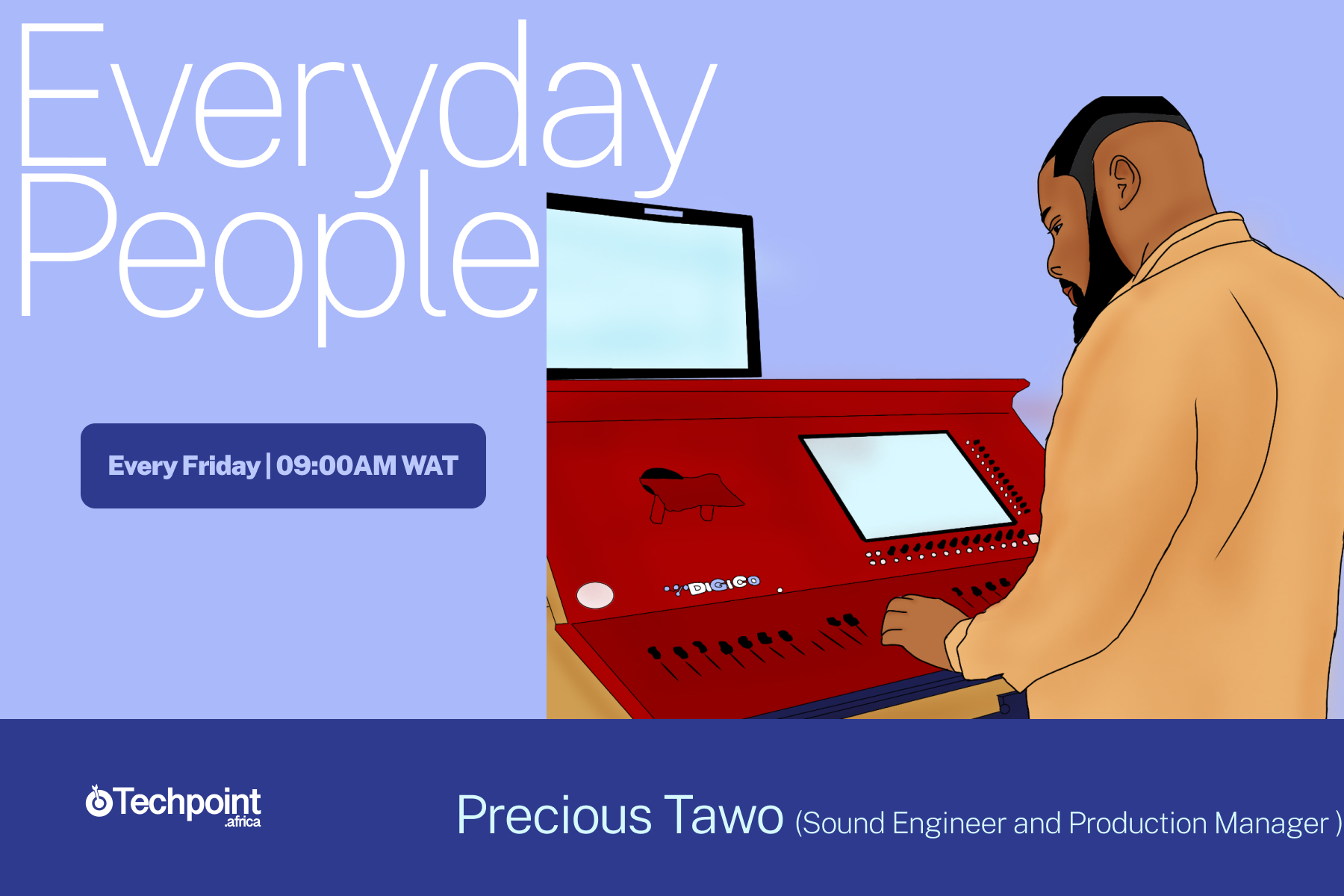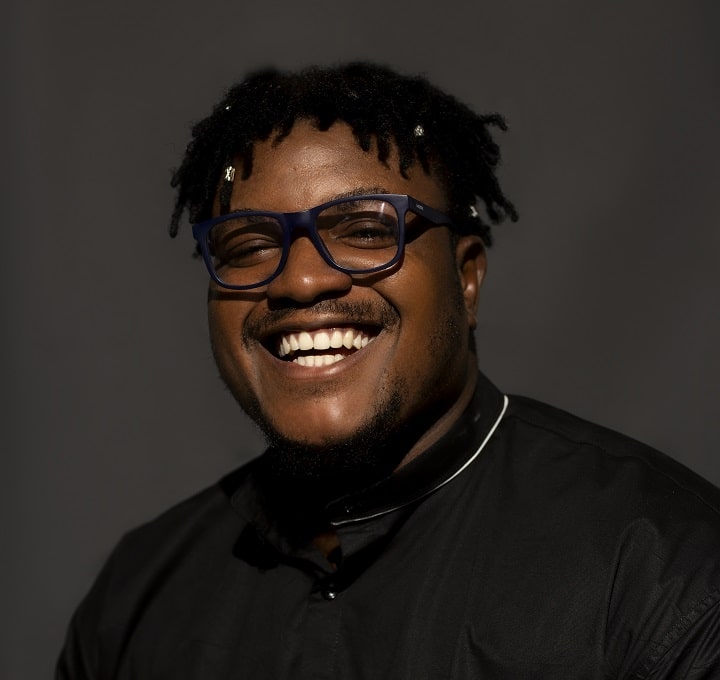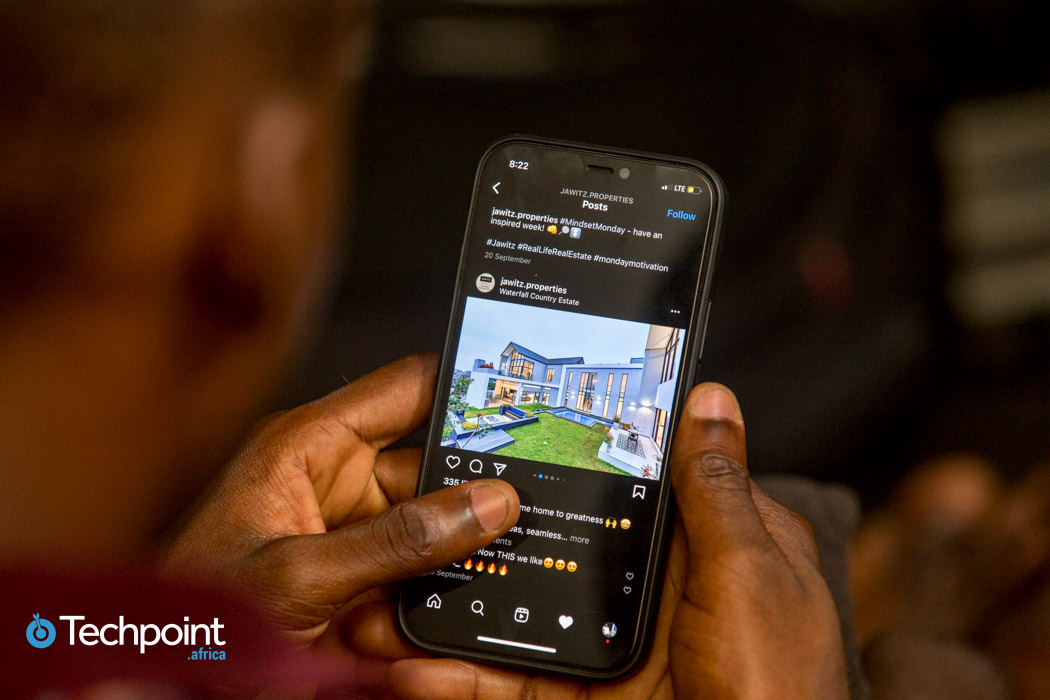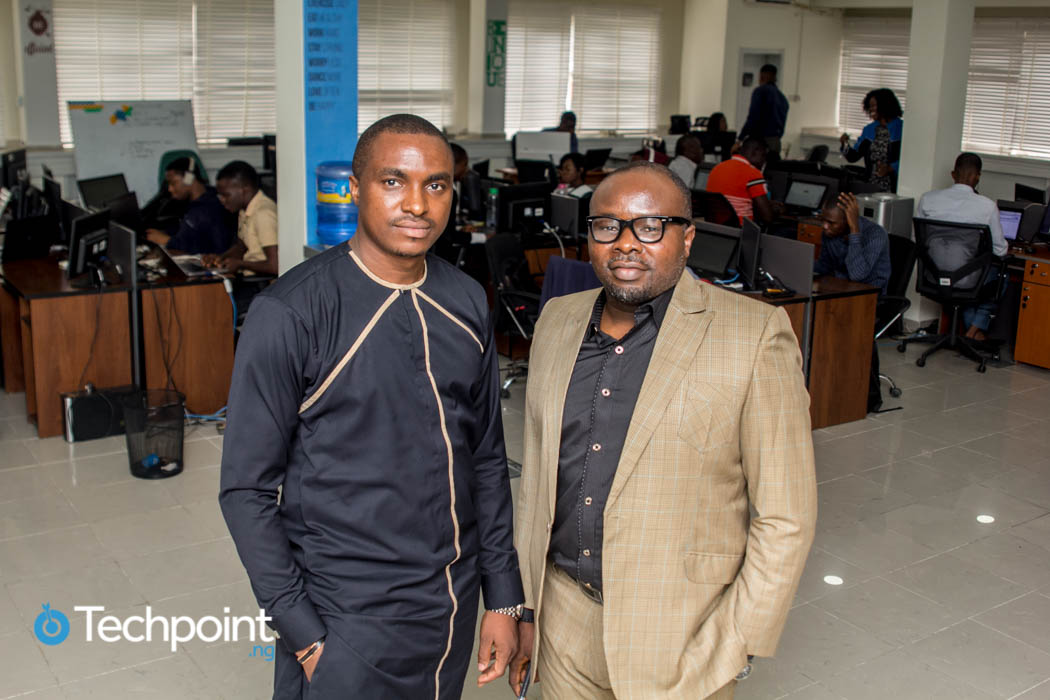Despite Africa's tech-savvy population, financial exclusion is still a problem on the continent. But with the launch of fintech startups came the challenge of regulatory influence and industry acclimatisation.
In 2018, a financial expert and tech investor considered it stressful for fintech startups to integrate with banks — a necessary partnership for the former to enter the banking market successfully. On the other hand, banks need to collaborate with fintechs to increase their revenue and maintain market dominance.
Undeterred by the hassles, Nigerian fintechs have multiplied, with the market growing exponentially, as seen in the increase in investments and frequency of new entrants into the space. Adedeji Olowe saw all this and decided to do something about the challenges in the industry.
“Imagine if that pain is taken away entirely and you can easily integrate with any bank,” Olowe said, snapping his fingers to indicate speed, “like what takes years or months can be done in a day. When this happens, fintechs will spend more time delivering their services instead of trying to connect to a bank.”
Unable to resist bringing up open banking as we chatted in his Lekki Phase 1 home, he referred to it as his most daunting challenge in what can aptly be called a flourishing career.
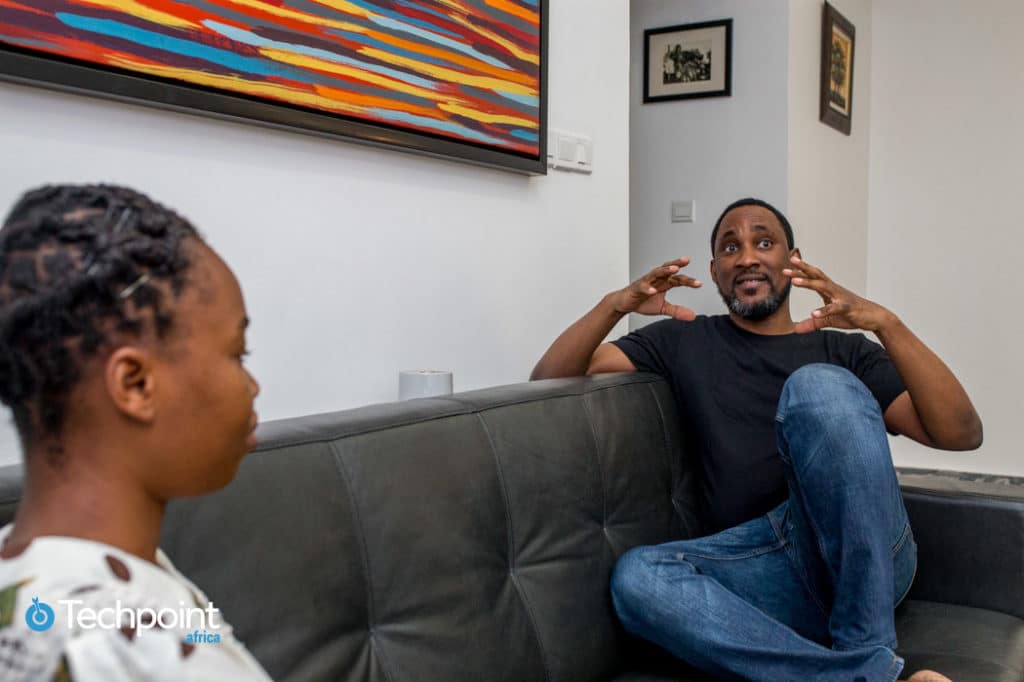
The father of three has helped many people build companies. He was an early advisor to Wallets Africa, was an early member of the TeamApt board and now an independent member of the Paystack board. He is also a board member of Nigerian digital bank, Sparkle. Olowe leads Trium, a venture capital firm, and is seen globally as the leader of open banking in Africa.
Despite Africa being slow to enact open banking regulations like other developing regions, he believes now is the time to catch up with Europe and Asia.
Spurred on by his belief, Olowe has taken it upon himself to seek structures that not only help banks and fintechs collaborate seamlessly but also make the process attractive for new entrants.
Despite how much Adedeji has pushed for open banking regulations in the past four years, he maintains that he does not plan to profit from it. He chose not to patent it, preferring to be called a trustee.

Be the smartest in the room
Give it a try, you can unsubscribe anytime. Privacy Policy.
Satisfaction for Olowe would be found in the knowledge that his solution positively impacted people for years to come.
Perhaps, the importance of this move isn't evident yet, but the height of its success would be every bank having the same application programming interface (API) such that it would be easy for any fintech company to integrate. Don't worry; we'll simplify everything later.
Adedeji had achieved a lot before setting his sights on open banking and tech investment. Before we dive in, let's look at where he is coming from.
A background that paid off

Raised by an academic mom in Southwestern Nigeria, Adedeji bagged his first degree in electrical engineering in 2001. And in the middle of a thriving banking career ten years later, he got a Master’s degree in mechanical engineering from Kings College, London.
“I’ve spent all my life in financial services; I’ve never worked as an engineer,” he stated.
Still, he didn’t forget to add how he owes his current exploits to his academic and exemplary upbringing.
Adedeji's career trajectory has been steady in its upward and forward climb. So far in his journey, he has taken somewhat uncalculated risks.
“I’ve always been a curious kid, and my curiosity has always gotten me into trouble. And I’ve always loved to write,” he confessed as he remembered simpler days when he considered his writing as “letters to abuse people," for which he was spanked many times.
Adedeji's blog has many articles explaining topical issues in banking and financial inclusion and tech adoption.
Some of his write-ups contain fintech predictions for the year, which he began in 2017. He has an uncanny knack for accurate fintech predictions but is yet to record 100% accuracy. Olowe delivers his predictions matter-of-factly and calls them "educated guesses, at best.”
Career track marked with passion and excellence

In two decades, Adedeji has risen from an entry-level position in a commercial bank to executive roles in the sector and now heads a venture capitalist firm. After his first two moves, companies sought him for the value he could bring to the table.
Adedeji regularly took the initiative. For instance, in his first stint at Standard Trust Bank as an entry-level member on the e-banking team, he built an intranet — an internal website — to fill a gap without being asked to.
Two years later, at Access Bank, his team built a data analytics system that guarantees easy information access within a bank.
For some reason, Adedeji often felt the need to prove his worth and take risks. He recalled his best career move yet while at United Bank of Africa (UBA), where he worked for over six years, the longest of all the seven financial institutions he worked with.
“I first worked in finance, and from there, I went back to digital banking. That was when I was in charge of all the card products in UBA across 19 countries. And at that time, I did not know anything about cards, but I always loved to challenge myself. And in about seven months, I became an expert, one of the best. That was a difficult period for me not only because of the demand, but it forced me to grow.”
He attributes this success to his consistency and obsession with learning, which stood him in good stead for a stint outside Africa before finally focusing on fintech and tech investment.
Apart from admitting to a constant need to make an impact by seeking new challenges, Adedeji was deliberate about his career strategy, which was responsible for his steady climb.
“First, I was good,” he said quite frankly, “then, secondly, I moved around.”
This explains why he had an impact record in many Nigerian banks.
“When you move, you get the next thing. When you stay, you’re waiting for the next promotion, which takes longer.”
Pausing to add a disclaimer, he said, “There are risks to it as well. Because if you’re in a good place and you’re greedy and jump to a bad place, you might actually be screwed over.”
Putting it in perspective, like Adedeji's career shows, being exceptional ultimately does the trick because you would often be called upon for a higher challenge once you have outstanding potential.
“I was solving problems around me instead of joining people to complain about a problem. That’s how I grew.”
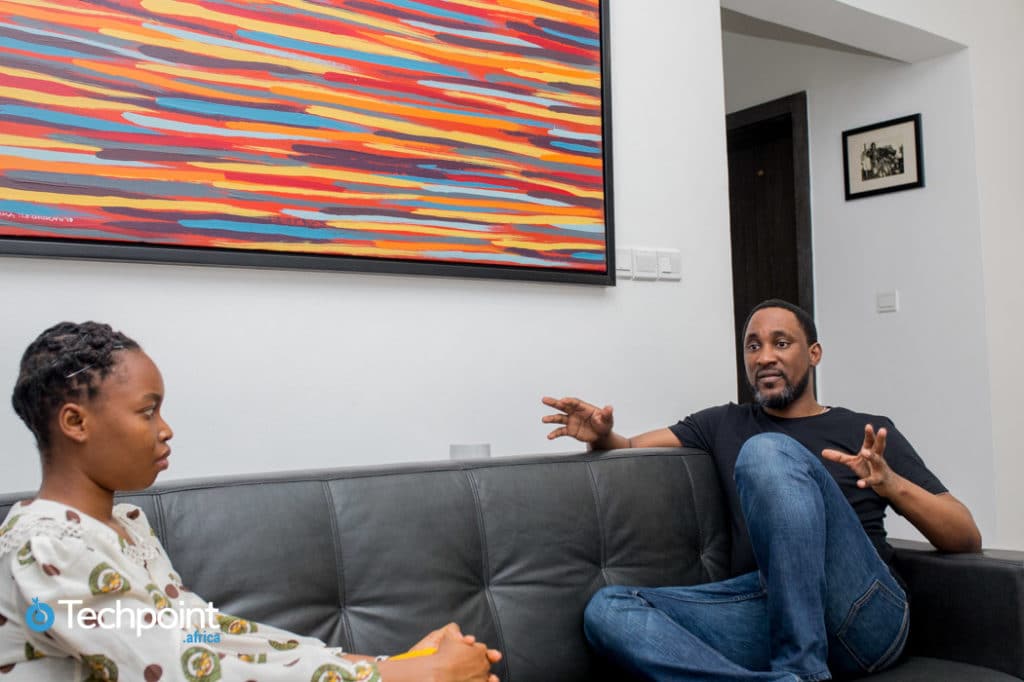
He was emphatic in declaring that this strategy, coupled with work excellence, helped him rise to a senior managerial position in banking in under seven years, something that would ordinarily take twice as long if he remained at one bank.
Embodying open banking
Adedeji’s journey got even more interesting after 2017 when he decided he was done working in banks. Again, his curiosity and desire to apply himself led him to a more significant challenge with the potential to influence Africa’s financial industry immensely for many years to come.
He realised, rather disturbingly, the need for all banks to speak the same language after working at SystemSpecs, one of Nigeria’s earliest fintech companies, as an executive director.
“The first problem I found out was most banks don’t have APIs. The second problem, even when they have APIs doing the same thing, two banks don’t solve a problem the same way. The third? There’s no standardised way for everyone to have access to the APIs.”
Once all banks can have the same APIs and easy guidelines to access them, a new fintech would only need to understand the API standard, and any code that it writes would work seamlessly with any bank.
Enter open banking

A new fintech looking to integrate with five different banks with entirely different standards would have to go through a highly time-consuming and intensive process. This is where open banking comes in to take the stress away and save the day.
Adedeji clarifies that open banking is not a technology but a standard.
Simplifying it, he compares open banking to a standard where every bank is required to have an electrical socket type of a particular shape, say, circular holes, and every fintech has plugs with circular points that fit perfectly.
This means any fintech coming into the market can connect easily without getting a multipurpose adapter or connecting wires directly to outlets.
But this is easier said than done.
"One, all the banks have to like the idea. And CBN has to create a rule," Olowe explained why he almost grew cold feet at the beginning.
He decided to take the first step on June 1, 2017, just before midnight. He sent an email with a call to action, “Let there be open banking!” to all his friends.
Although he received acceptance from friends and other persons of interest, including the CBN, in the following months, there have been many rejections.
Adedeji is pleased that the biggest hurdle is out of the way already — getting CBN on board — which means the work is 80% completed. Fortunately, a CBN directive to that effect was released in February, called the “Regulatory Framework on Open Banking in Nigeria.” What is ongoing is creating a standard.
But he still refers to championing open banking as his highest achievement, “because that is me driving something that I’m not going to benefit from, but it will benefit a lot of people.”
Although he’s not expecting any monetary gains from this, it would positively impact the investment sector where he now plays. So, win-win.
Not stopping here
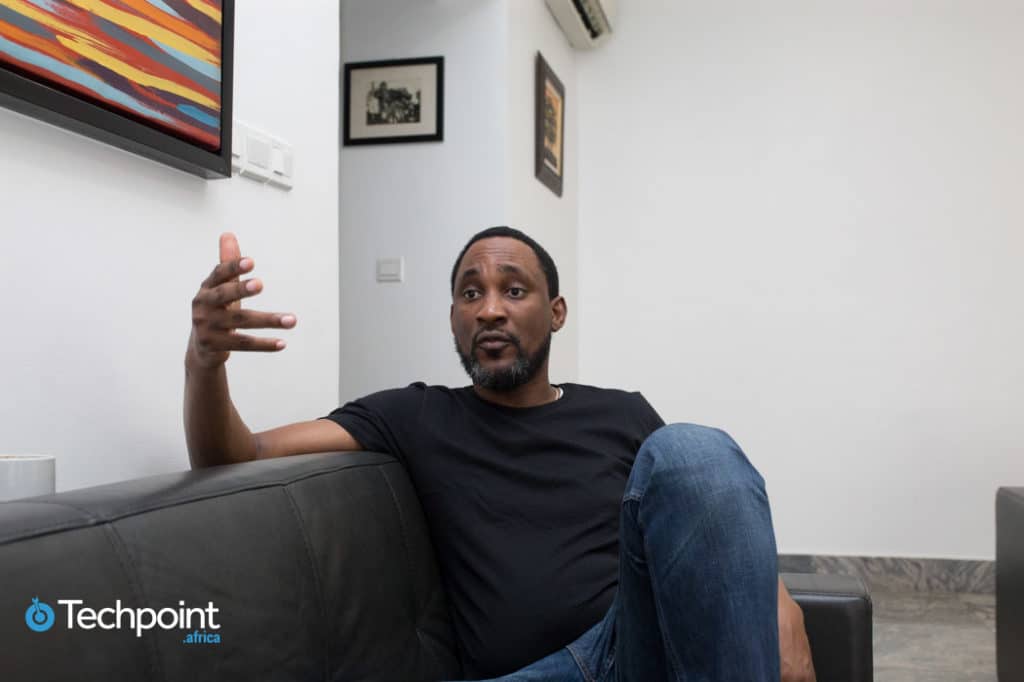
Adedeji has grand plans to solve more than one problem for Nigerians. He dreams of building a school for intensive training in vocational studies and creative and tech skills in rural areas in Nigerian cities where indigents can study on a scholarship. This is on the premise that not everyone is fit for the walls of a tertiary institution, and everyone deserves a better life.
If he isn’t thinking of tinkering and building stuff, he is curious about human genetic make-up (DNA), metacognition, and the sense of being aware. Adedeji's hobby is travelling, and having visited thirty countries, he’s thinking of getting a helicopter to fly around Lagos State.

